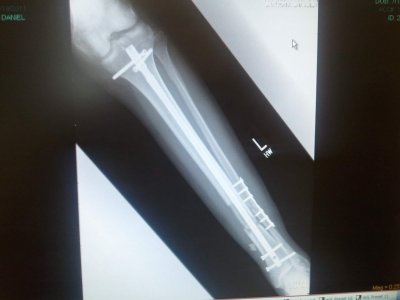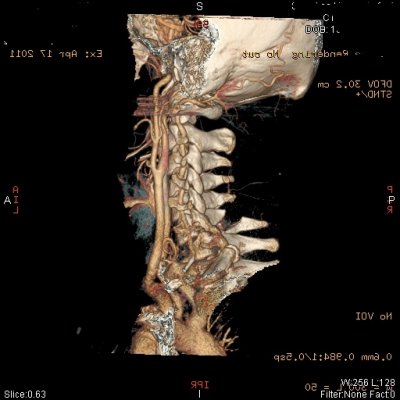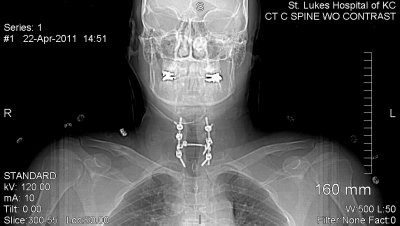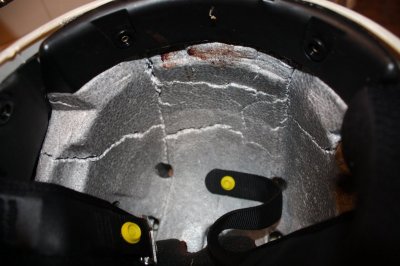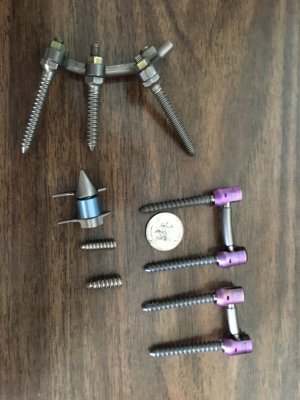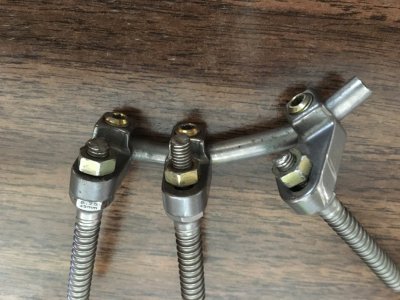Thanks for your professional input. At what point or percentage of the cost of repair vs the value of truck do they usually consider it a total loss? And who determines the value of the truck?
If the truck is worth $55k and needs roughly $25k in repairs plus a rental and any other incidentals and since it is her insurance company that is footing the bill assuming she was 100% at fault would they consider it totaled? I know you had said every state is different so that just makes it even harder to figure out, and at what point would his own insurance step in and contribute funds, if any towards the repair? Would that cause his rates to go up if that was the case? Sorry to blast you with all of the questions
No need to apologize.
In the states that I handle, repair vs. total comes down to: Cost to repair + estimated diminished value + estimated rental costs (loss of use) vs. Actual cash value + estimated salvage recovery.
The nature of these trucks because their value is so high tend to have a high salvage recovery provided the damage isn’t severe. ~$30k in repairs and ~$25k in salvage value and you’re pretty close to a total loss.
Most major insurers use CCC or Mitchell both to write estimates and run valuation reports. The concept is the same. I’ll speak to CCC because that is what my company uses and I am most familiar with. When valuing a totaled vehicle, CCC looks for comparable vehicles in the owner’s market area. Certain vehicles can have drastically different values depending on where you live. Additionally, no two vehicles are exactly the same so you’re going to see some line item dollar adjustments. Obviously a vehicle with more premium features and options is going to be more valuable than a base model. Mileage and condition is considered as well. For a new or newer vehicle, my professional opinion is that their condition should never be considered anything other than “average” unless it was really poorly cared for. Why? Because I expect a new vehicle to look new, so that is average. I expect a 20 year old vehicle to look like it has 20 years of wear, so that is average. On the other hand, if a 2018 is beat to hell (excluding the collision damage) I’m going to rate it below average because that isn’t how I expect it to look. Same with a 20 year old vehicle if it looks well kept and taken care of. I’m going to rate that as above average from what I would expect it to look like.
From there CCC pulls comparable vehicles in the market area. They exclude outliers on both ends of the spectrum. This means that vehicles severely under and overpriced are not considered. It’s looking for that sweet spot middle. What are the vast majority of this particular loss vehicle being sold for. That’s what they’re after to determine value.
I want to answer your other questions before I go off on my tangent.
It won’t and shouldn’t be a combination of payments between two insurance companies. Only one of them will foot the bill at the end of the day. If the OP’s insurance company handles the damages, they will subrogate (seek recovery from) the at fault insurer.
Whether or not the OP’s premiums are negatively impacted will be based on the underwriting philosophy of his insurer regardless of fault. Insurance is about risk. Thousands of different factors determine our risk. What type of vehicles we drive, our driving habits, our driving history, what types of accidents we’re involved in, how severe those accidents are, where we live, the other drivers around us, etc. all determine risk. Some insurers will not raise your premiums for one accident that is not your fault. Others will because they consider you a higher risk. If you get rear ended 5 times in a month and none of those accidents are your fault, you might still expect your premiums to increase because something is going on with you to put you more at risk than the average driver to be rear ended.
My most important advice to anyone still reading by this point is to add “new car replacement” or “car replacement assistance” to your own auto policy if your insurer offers it. I have it for my Limited and it gives me 20% on top of the ACV (actual cash value) if my truck is totaled. So if I’m involved in the same accident as the OP tomorrow and my truck is totaled, if my ACV is $60k I’m getting an additional $12k (20%) towards my total loss. That’s on top of the sales tax and applicable DMV fees the insurance company owes me. For ~$10 per month I could get an additional $12k that puts me ahead of what I paid for the truck. It may never happen, and I might not ever need the coverage, but I would be kicking myself if I didn’t have it.


